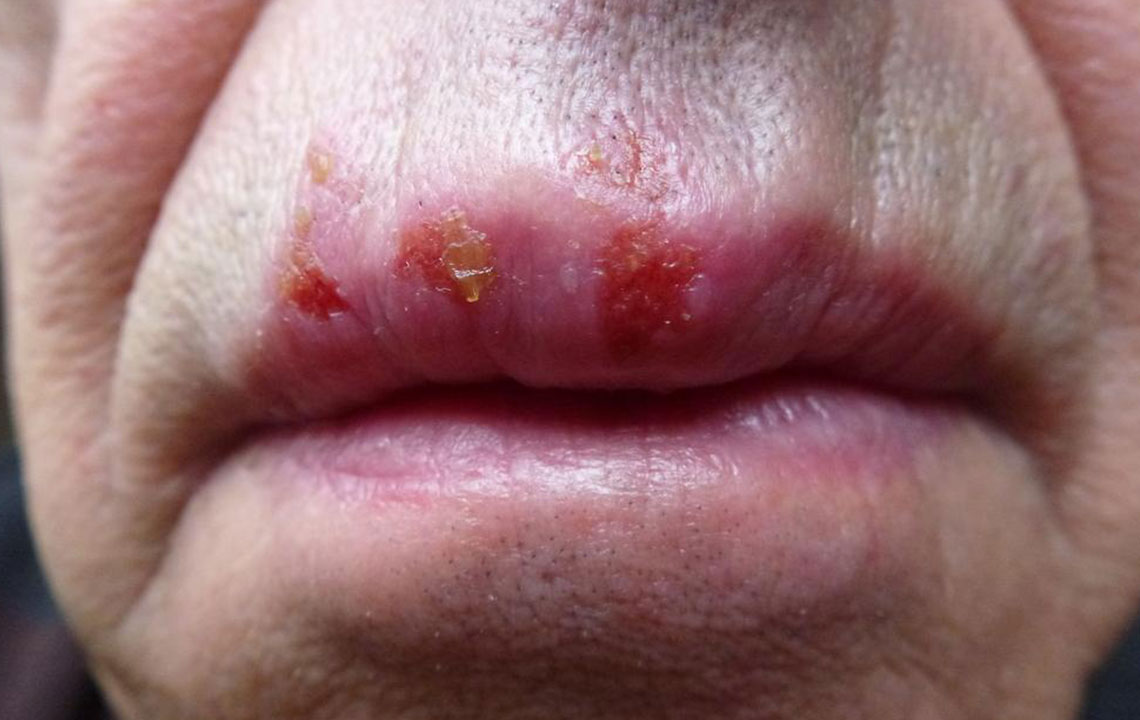Clarifying Misconceptions About Herpes: A Comprehensive Guide
This comprehensive article clarifies and debunks common myths about herpes, providing accurate information to reduce stigma and promote better understanding. It covers transmission, symptoms, management, and misconceptions, helping individuals make informed health decisions and fostering a stigma-free perspective on herpes.

Clarifying Misconceptions About Herpes: A Comprehensive Guide
Herpes, a common viral infection, is surrounded by a multitude of myths and misconceptions that can lead to unnecessary fear, stigma, and misunderstanding. Despite its prevalence worldwide, many false beliefs persist about how the virus spreads, its symptoms, and the implications of infection. This misinformation can hinder individuals from seeking proper diagnosis or treatment, and can unfairly stigmatize those living with herpes. In this detailed article, we aim to unpack and debunk some of the most widespread myths about herpes, providing clear, evidence-based information to promote awareness and understanding.
Myth 1: Herpes Rash Is Permanent
One of the most common misconceptions is that a herpes-related rash or lesion is a permanent condition. In reality, herpes manifests as episodes of outbreaks, characterized by blisters or sores that can appear on the skin or mucous membranes. These lesions are transient, often lasting from a few days to a couple of weeks, and then healing completely. Between outbreaks, the virus remains dormant within nerve cells, causing no symptoms at all. While some individuals may experience recurrent outbreaks over many years, the rashes themselves are not permanent fixtures. With effective management, frequency and severity of outbreaks can often be minimized, leading to a significant improvement in quality of life.
Myth 2: Herpes Can Be Transmitted Through Toilet Seats
Many people worry about indirect transmission of herpes through everyday objects like toilet seats. However, herpes-causing viruses, primarily herpes simplex virus type 1 (HSV-1) and type 2 (HSV-2), are fragile outside the human body. They cannot survive long on surfaces such as toilet seats, clothing, or bedding. The risk of transmission through such contact is extremely low to negligible. Transmission mainly occurs through direct skin-to-skin contact with an infected area or mucous membranes during close sexual contact or oral-genital contact. Therefore, daily activities like using shared toilets are not significant risk factors for herpes transmission.
Myth 3: Having Herpes Indicates Infidelity
A common misconception is that a herpes outbreak signifies recent infidelity. In truth, herpes can remain dormant for years without any symptoms, and outbreaks can occur due to various triggers like stress, illness, or immune system changes. Detecting herpes does not imply unfaithfulness; it often means prior exposure, sometimes long before the current outbreak. Many individuals acquire the virus early in life, and it remains inactive until some external factor reactivates it. Infections can also pass from asymptomatic carriers, who show no visible symptoms but can still transmit the virus.
Myth 4: Herpes Sufferers Cannot Donate Blood
This myth discourages people with herpes from donating blood, but in fact, many can donate safely under proper guidelines. Blood donation centers typically assess donor health on a case-by-case basis. If an individual has an active outbreak or symptoms, they are usually deferred from donating blood during that period. However, if they are asymptomatic or have had herpes in the past but are currently symptom-free, they may be eligible to donate. Ensuring that they are feeling healthy and follow standard donor protocols is crucial for safety.
Myth 5: Sexual Activity Is Unsafe After Herpes Infection
While herpes is a contagious virus, it does not mean that intimacy must be completely avoided after diagnosis. With proper management, including antiviral medications and effective outbreak control, individuals can engage in safe sexual practices. Using barriers such as condoms or dental dams can significantly reduce transmission risk. Open communication with partners about herpes status and ongoing management strategies are essential. The key is to be cautious during active outbreaks and to maintain good hygiene and protective measures, allowing couples to maintain intimacy without undue fear.
Myth 6: Oral Sex Cannot Transmit Herpes
Many do not realize that herpes can be spread through oral contact. Herpes simplex virus type 1 (HSV-1), traditionally associated with cold sores around the mouth, can be transmitted via oral-genital contact, thereby causing genital herpes. Conversely, genital herpes caused by HSV-2 can also be transmitted through oral sex. Saliva and skin contact during oral sex are common routes for transmission, especially if there are active sores or outbreaks. This underscores the importance of awareness and preventive measures such as avoiding oral sex during outbreaks or when symptoms are present.
Myth 7: Symptoms Are Always Obvious and Easily Recognized
Many individuals with herpes are unaware of their infection because they experience no symptoms or have very mild signs. Some may mistake herpes sores for other skin conditions, or may not notice any symptoms at all. Because of this, herpes can sometimes go undiagnosed for years, increasing the risk of unknowingly transmitting the virus to others. The most reliable way to determine herpes status is through medical testing, such as blood tests or swab tests during outbreaks. Regular screening and open discussions with healthcare providers are crucial for accurate diagnosis and management.
Dispelling these myths with factual, science-backed information is critically important for reducing stigma and promoting responsible health behaviors. Recognizing that herpes is a manageable condition with proper treatment allows affected individuals to lead normal lives. If you suspect you may have herpes or want to learn more, consult a healthcare professional for diagnosis and personalized advice. Remember, knowledge is key to overcoming misconceptions and fostering a more understanding and supportive environment for those living with herpes.





